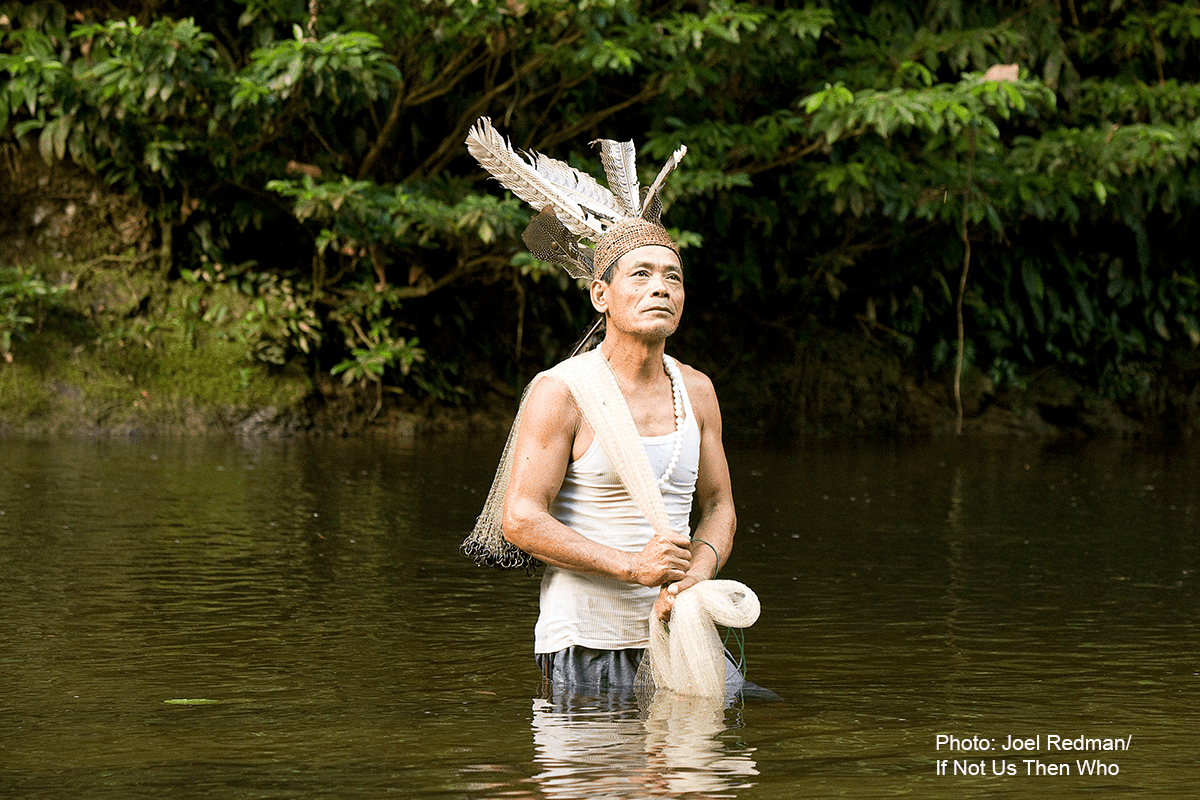Not For Sale: Indigenous Peoples Protect Their Lands—Sometimes with their Lives
By Coimbra Sirica, March 8, 2016

There are few people who would refuse to sell their home—if the price were right.
So investors might assume that money would mollify indigenous and other rural peoples who resist plans to mine for gold, dam local rivers, fell tropical forests to raise cattle, or plant soy or palm oil for export.
But new findings released last month in London by the Rights and Resources Initiative and by TMP Systems revealed the opposite: for indigenous peoples and many local communities in developing countries, land is not a commodity, and money will not compensate them for the loss of that land.
The report targeted investors with the news that weak tenure for local peoples causes costly conflict and imposes risk on investors, and RRI hopes this new evidence will lead powerful economic actors to join other voices in pushing for strong land rights for indigenous peoples and local communities.
Too often, this message falls on deaf ears, and the outcome is conflict and violence. Most recently, Indigenous leader Bertha Cáceres of Honduras was murdered, after years of fighting to stop the construction of a hydropower project that would have destroyed the sacred Gualcarque River of her Lenca people.
Cáceres had received enough death threats to know that her life was in danger, but she continued in “la lucha.” She paid with her life when assailants broke into her home, and shot her while she lay sleeping.
According to the RRI and TMP study, more than 93% of conflicts between indigenous and rural communities and operators of projects in agriculture, infrastructure, energy and forestry can be traced back to government failures to recognize the rights of local peoples to their traditional lands.
Indigenous Peoples and local communities in the forests of the Congo Basin, the Amazon, Mesoamerica and Indonesia don’t require evidence that they are the best managers of their lands and forests. And they continue to stand their ground in the face of threats and continued violence.
But social change requires such evidence, and advocates must continue to demonstrate the benefits of granting local communities strong rights to their lands—with benefits that accrue to the struggles against both poverty and climate change.
Berta Cáceres stood up to those who saw the river that runs through the land of the Lenca only as a source of wealth. Her death says clearly that compensation is not the solution to avoiding conflict.
What price can you possibly pay someone who is willing to risk everything to keep her ancestral home—not only for her own community, but for generations to come?
